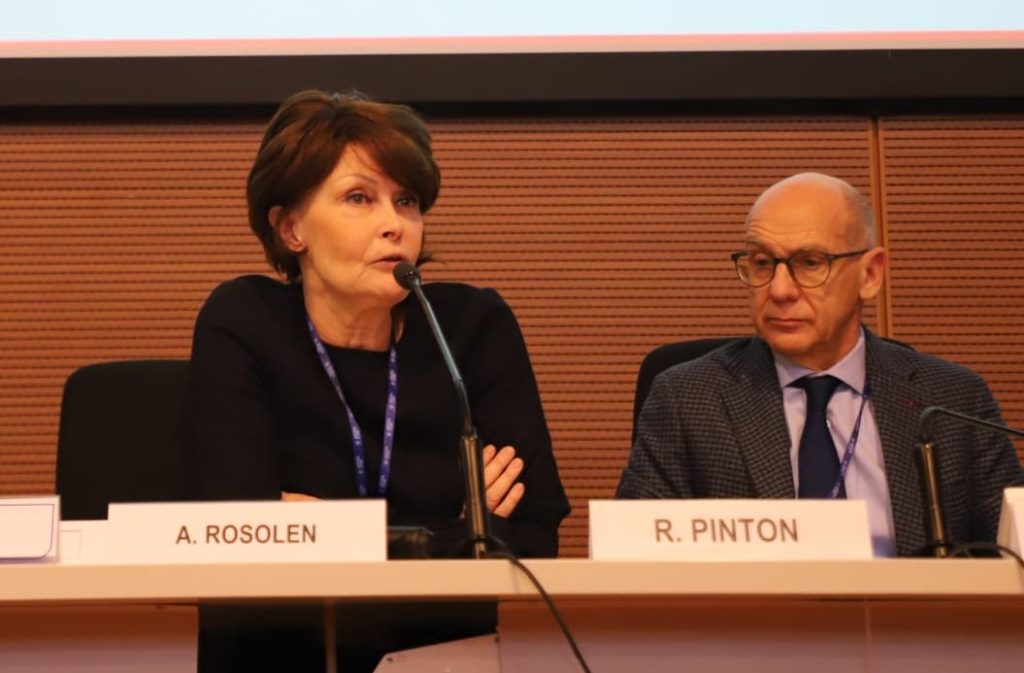by EH
The National Recovery and Resilience Plan (PNRR) has played a significant role in organizing the collaboration between various sectors, according to Alessia Rosolen, the Regional Councilor for Labor, Training, Education, Research, and Universities of Friuli Venezia Giulia. Speaking at a plenary meeting in Udine, Rosolen emphasized how the PNRR has helped foster connections between research, education, and the region’s industrial landscape, aiming to generate long-term, tangible results.

Rosolen addressed the gathering at the “Sgorlon” auditorium on the University of Udine’s campus during an event dedicated to the iNest project. The initiative, which involves collaboration with the Ministry of University and Research, Italiadomani, and the iNest consortium, explores the impact of green and digital transitions on advanced manufacturing technology.
The meeting also featured remarks from University of Udine Rector Roberto Pinton, Udine Mayor Alberto Felice De Toni, and Luigino Pozzo, President of Confindustria Udine.
Rosolen noted that the PNRR has not only systematized initiatives already underway in the region, such as the Lab Village, but has also strengthened partnerships between universities, research institutions, and local businesses. This approach, she explained, is essential for tackling challenges related to economic crises and labor market shifts.
“Connecting research with industry enables us to address the issue of brain drain, offering high-level professionals the opportunity to join our companies and help them meet the evolving needs of the market,” she said.
The regional councilor also emphasized the ongoing efforts by the Friuli Venezia Giulia Region to ensure that the results achieved through the PNRR are sustainable in the long term. She underscored the importance of preserving and maximizing the impact of the resources and expertise brought in through the plan, ensuring that the valuable work done over the past few years continues to benefit the region.






























